Oil Companies Will Not Face Any Punishment After Illegally Drilling, Destroying a Family Farm
Stan Ledgerwood and his family experienced a nightmare situation as homeowners.
After allowing oil companies to drill a small amount of oil from under their land, they experienced the downfall of fracking malfunction that destroyed their family farm. To date, the companies responsible for damaging their crop land and drinking water have yet to face any penalties.
The Pecan Farm in Oklahoma
In June 2017, Tina and Stan Ledgerwood built a home on their family’s 230 acre farm in south-central Oklahoma. Stan’s father had planted a number of pecan trees decades ago that Tina and Stan now got to enjoy as the view from their porch.

Source: Niels Weiss/Unsplash
They planned to spend their retirement years close to Stan’s parents just outside of the small town of Maysville. Like many people in the area, they knew that their farms sat on small amounts of oil. Many people allowed natural gas companies to drill for oil in exchange for small profits.
Aging Oil Wells Already on the Property
The family had a few oil wells already drilled on their property throughout the decades that they owned the land.

Source: Zbynek Burival/Unsplash
Between the alfalfa and soybean fields they could often see the wells slowly pumping away on nearby farms.
Getting Small Profits From Oil Companies
The Ledgerwood family raised cattle and grew various crops on their land, making an honest living. They occasionally agreed to allow oil companies to drill a new well to extract oil on their land.
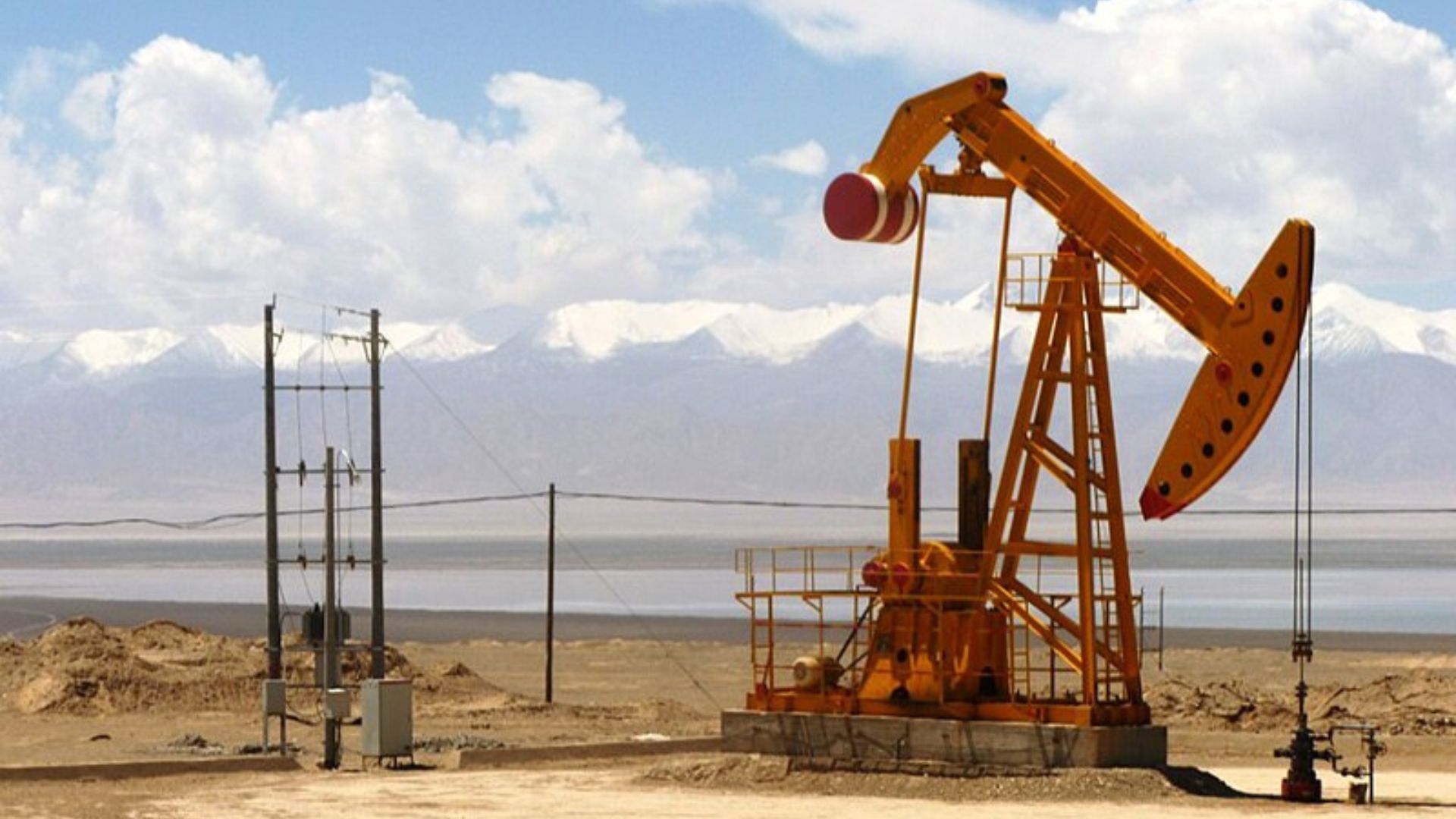
Source: John Hill/Wikipedia Commons
Usually, strict contracts are followed to ensure that a family’s land is taken care of and that they receive a commiserate amount of money for the oil taken.
Allowing a Wastewater Pipe to Another Farm
A few years ago, the family was approached to allow a wastewater pipe to pass through their land and onto another farm.

Source: Brad Weaver/Unsplash
The purpose of the pipe is to inject salt water into the earth and pump up any remaining oil that can be extracted, which is similar process to fracking.
What Is Fracking?
Hydraulic fracking is the method of pushing liquids or gas downwards into the earth to break apart tight rocks.
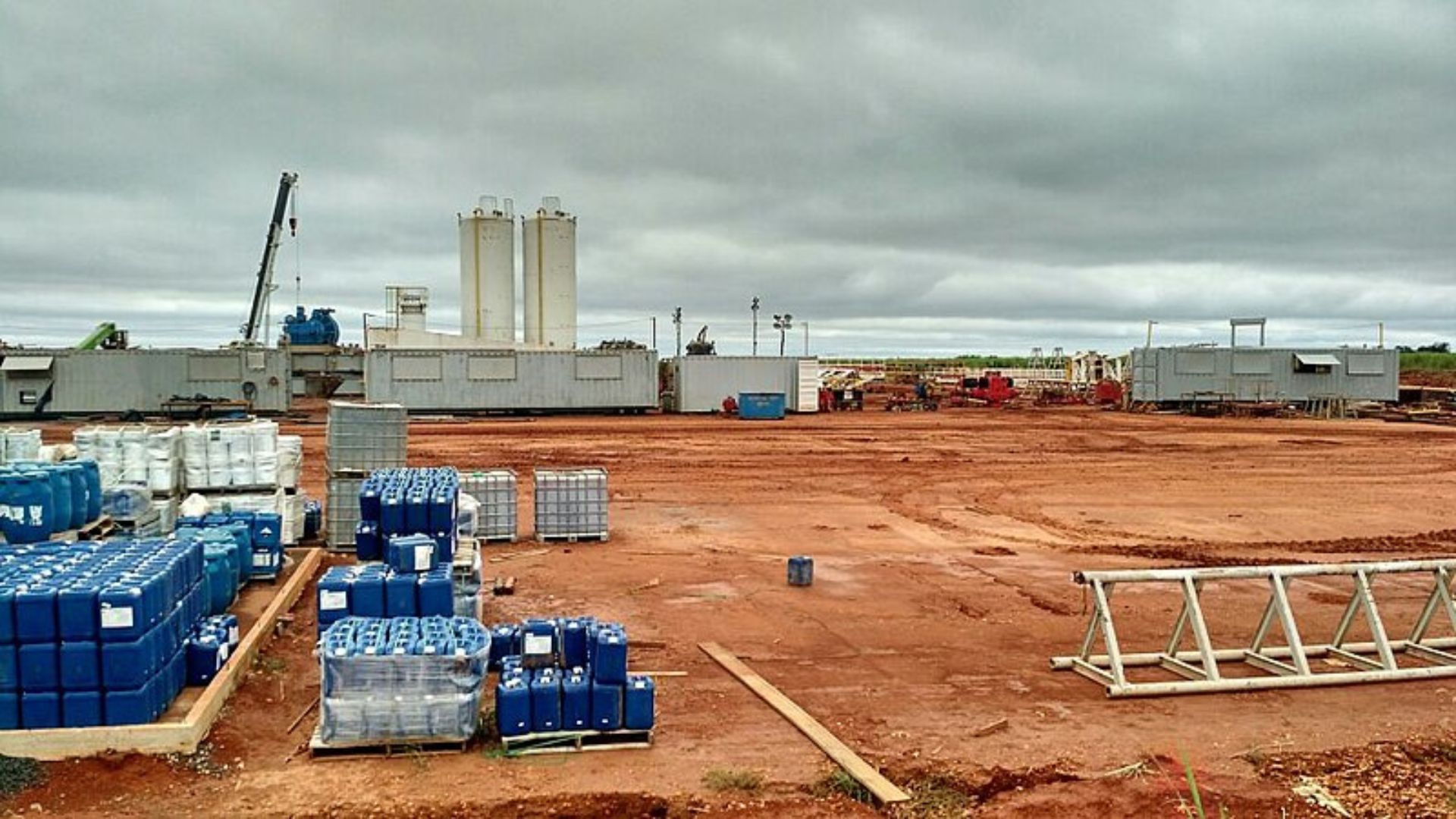
Source: 350.org Brasil/Wikipedia Commons
Once the earth is split open slightly, oil companies are able to extract fossil fuels more easily. The process often has negative outcomes and the liquid pushed into the earth can be difficult to control.
Salt Water Used To Push up Oil in Oklahoma
While the process used with salt water isn’t exactly fracking, the process is very similar.
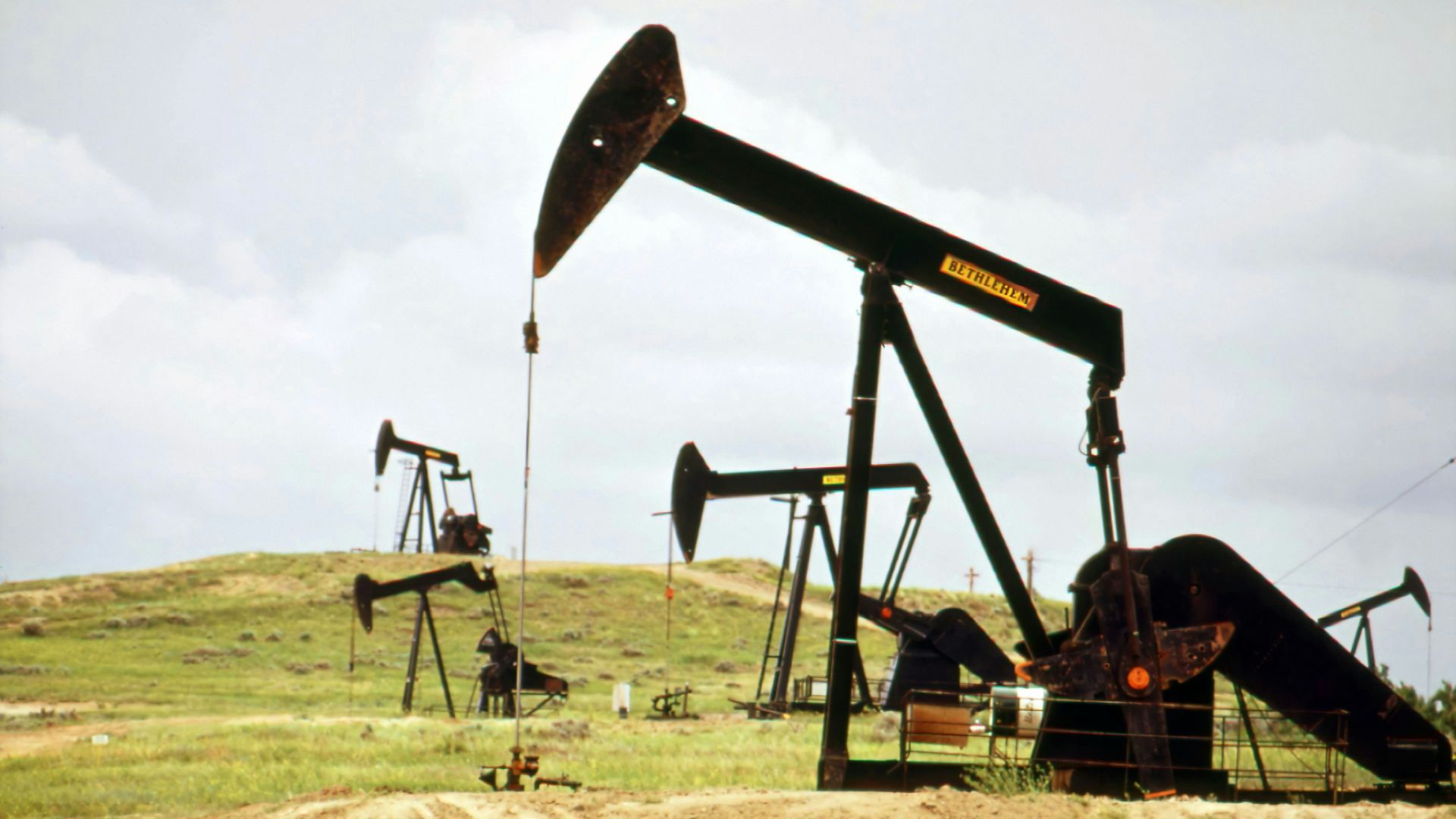
Source: Documerica X/Unsplash
The well in question drilled around 9,000 feet into the earth. The water is then pumped into the well and the remaining oil in the geological formations is sent upwards for other machines to harvest.
A Corroded Valve Malfunctioned
Underneath the Ledgerwood farm, a pipe that was corroded from the intense use of salt water corroded and broke open.
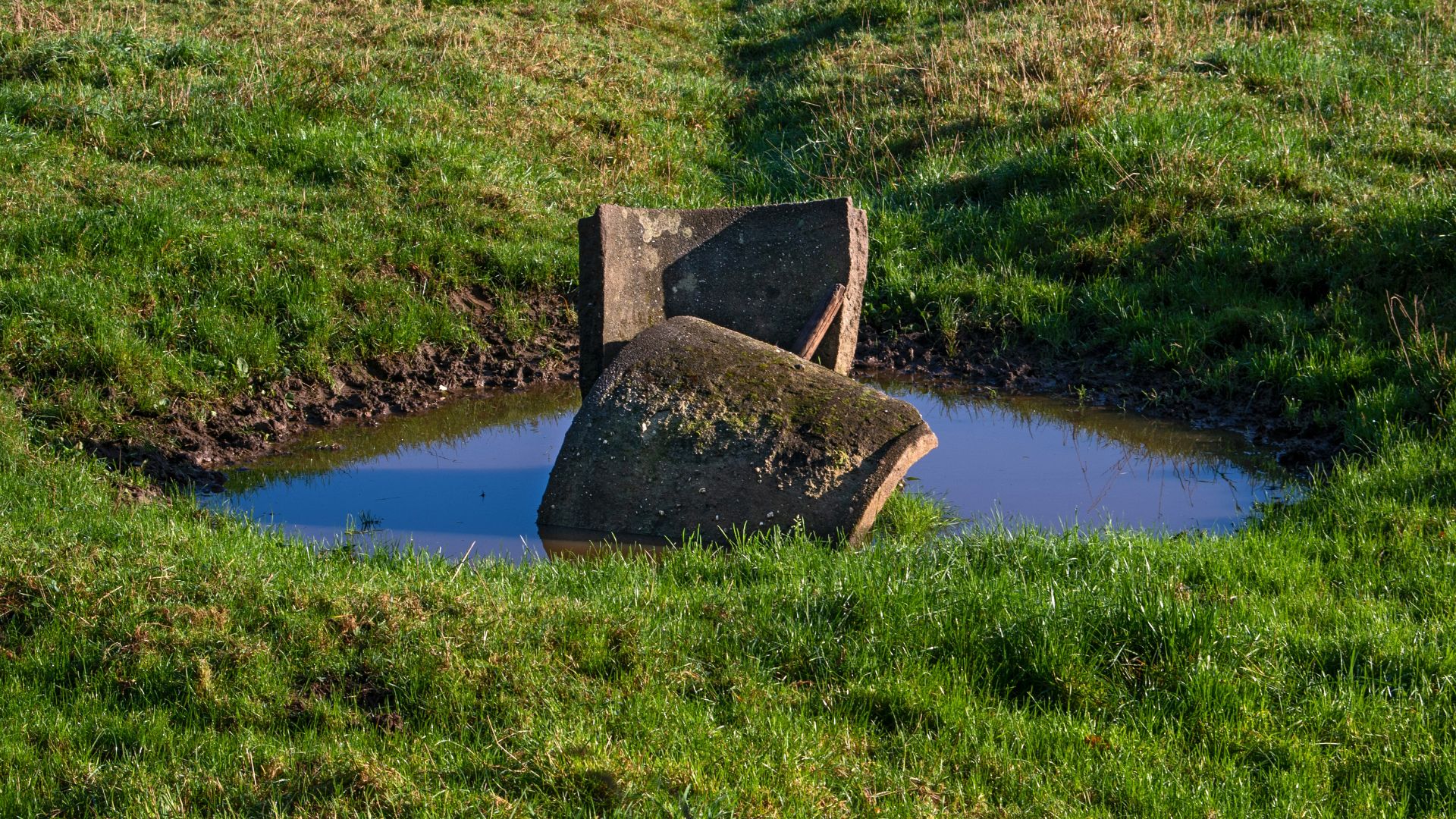
Source: Lucas Van Oort/Unsplash
Salt water was injected into the land and soil on the family’s farm, making the earth difficult to work with. The drinking water reservoirs were also affected.
Stan Brought the Spill to the Attention of Authorities
Once the spill was discovered, Stan met with the Southcreek and Oklahoma Corporation Commission, the state’s oil and gas regulatory agency.
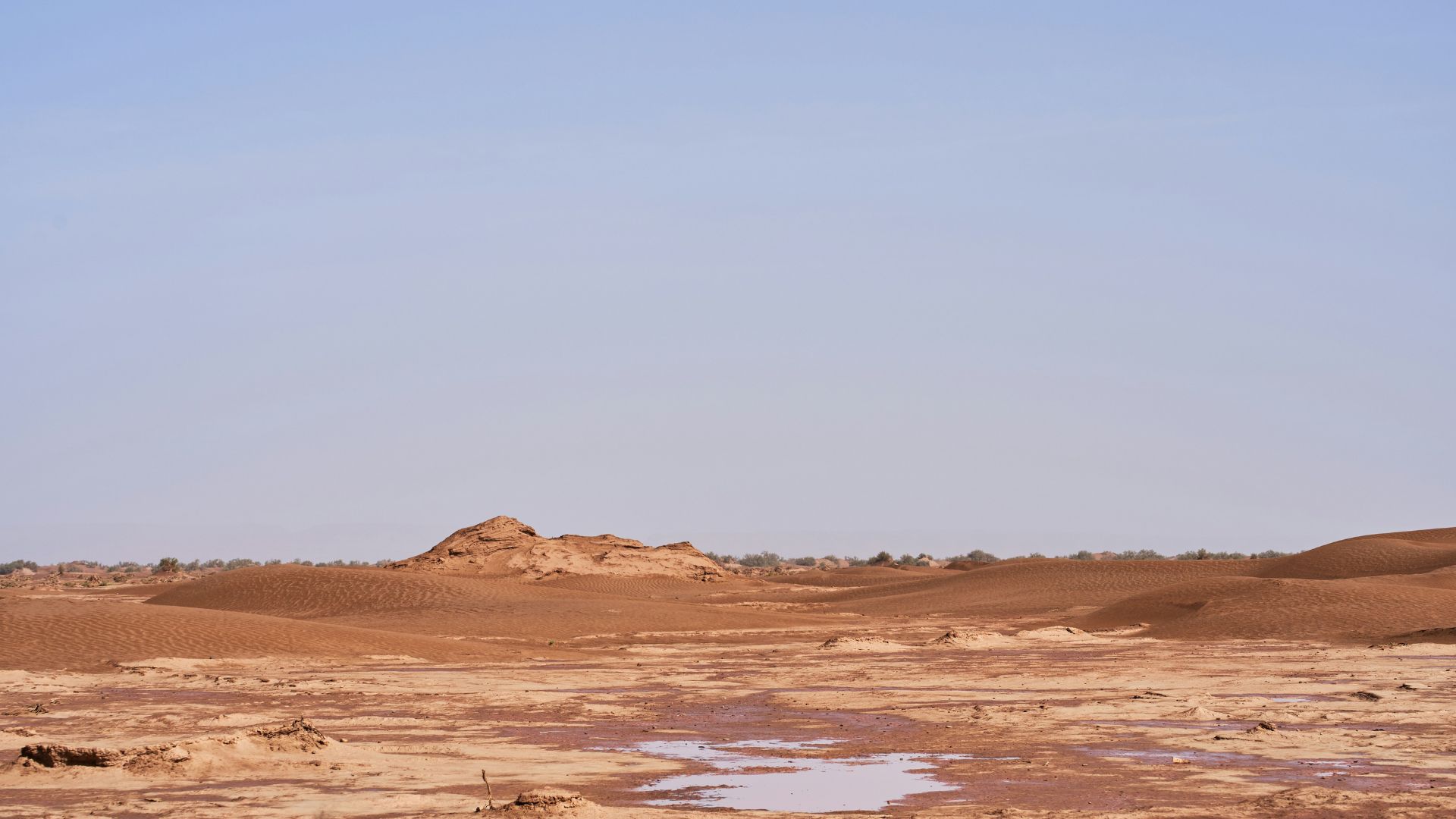
Source: Wolfgang Hasselmann/Unsplash
The company owned up to the incident. However, they characterized the massive accident that contaminated an entire farm and destroyed Stan’s land as a “small spill.”
Massive Loss on the Farm
Later while in court, Stan attested that although he had no idea how long the pump was spilling salt water into his land, the family lost two acres of vegetation by the time that the salt water started to appear on the surface of their land.

Source: Portia Weiss/Unsplash
They said that they noticed the leak when oil slicked puddles of salt water started to form all over their land.
Testing Showed That the Contamination Was Beyond Acceptable Levels
After a team was sent by the Oklahoma State University, they found that the soil on the Ledgerwood farm contained chloride, the exact type of salt water used in the injection process by the oil company.

Source: Rephile Water/Unsplash
The team from the university found that the levels were “sufficiently high to reduce yield of even salt tolerant crops.” The findings were compelling to show just how much waste seeped into the surrounding area.
Oil Company Files Bankruptcy To Avoid Paying Out
After a lengthy legal battle with the family, Wise Oil & Gas filed Chapter 7 bankruptcy and quickly liquidated its assets. Company executives acknowledge that they filed bankruptcy to avoid paying out to the families who farms were permanently damaged.
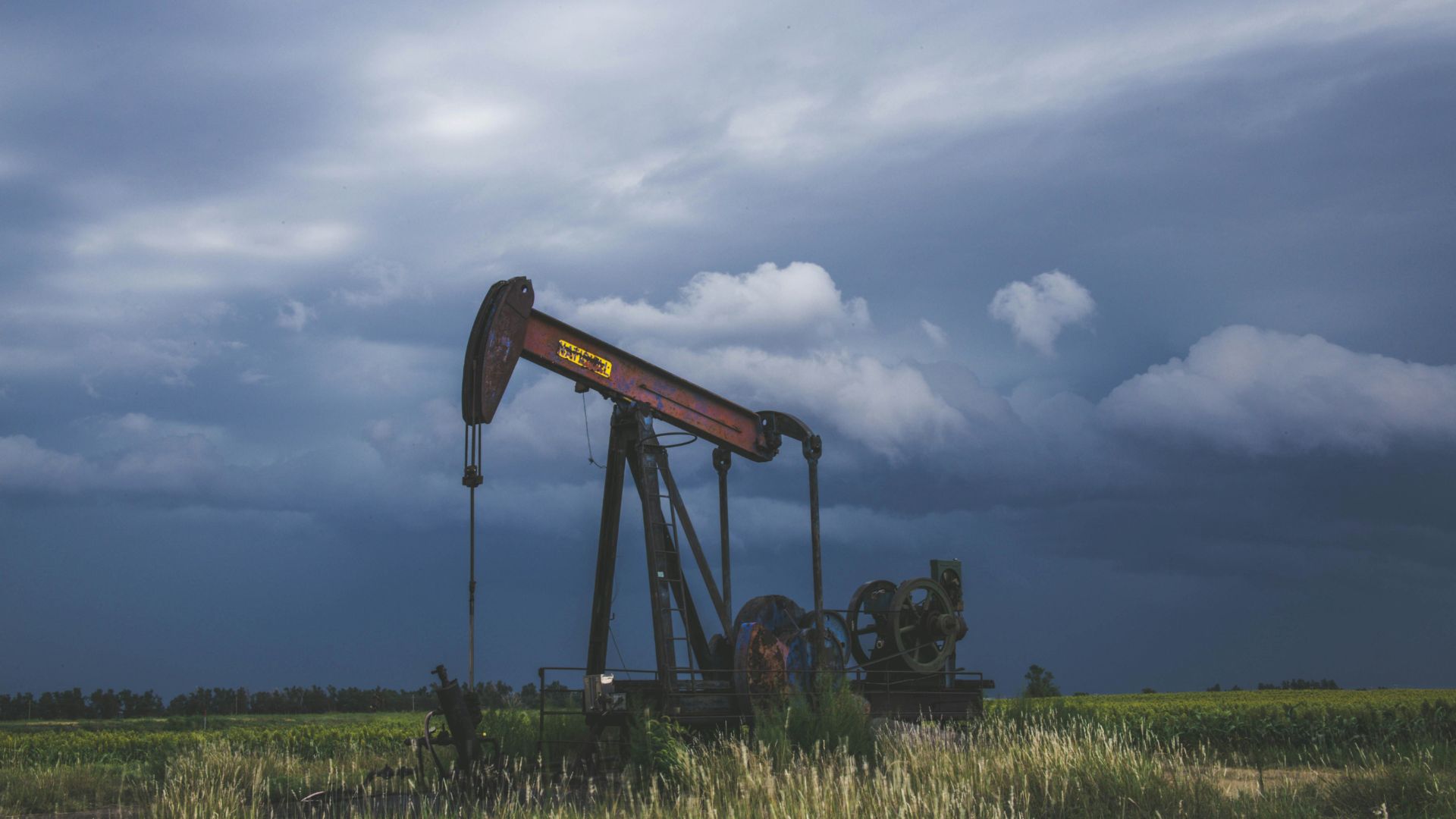
Source: Jeff W/Unsplash
The situation has had long lasting effects on the Ledgerwood family who still do not have clean drinking water on their land.
